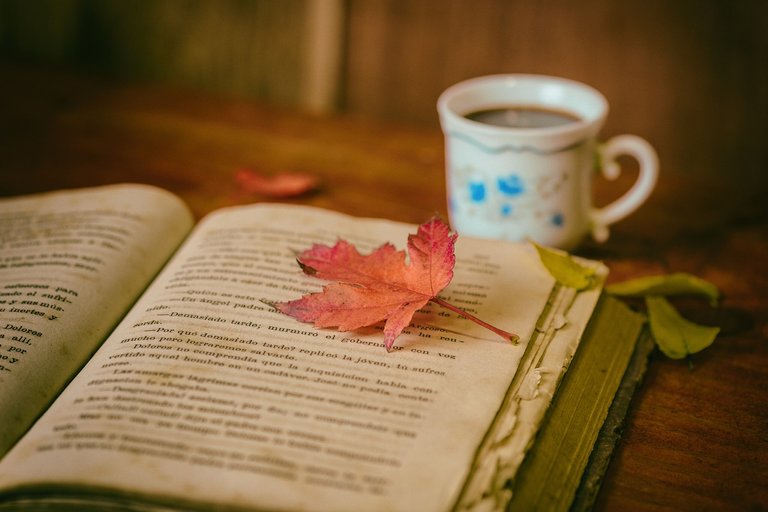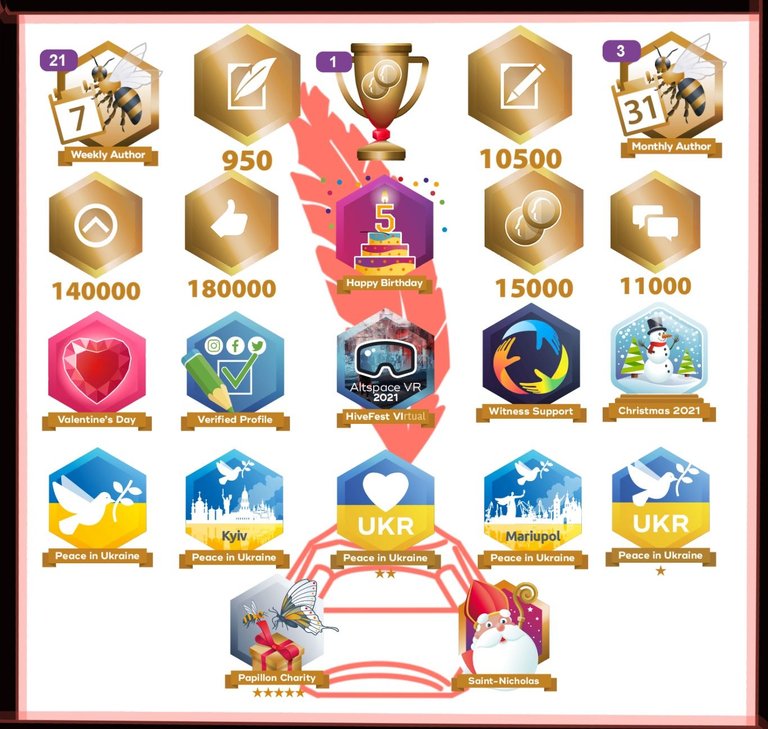Getting More Out of Your Book Reading

Never before in history have people had so much information at their fingertips. With a flick of a mouse (or fingers on mobile) we can look up anything we want to know in the moment.
The immediate access to knowledge has us thinking we can just easily recall the information later when we want to. Unless you have a photographic memory, that wont happen.
Within 24 hours you’ll start to forget what you looked up unless you review it again. This is true of any information we consume. The forgetting curve is steepest in the first 24 hours and continues afterwards until we remember only parts of the data we’ve consumed.
Binge Watching vs Weekly Viewing
It’s very popular to binge watch TV series. A great way to spend a weekend vegging out at home. Do you know that you’ll actually remember less of the series over time than if you watched it weekly?
I was kind of surprised when I read about a study reaching this conclusion. Then I thought about it. If I watch a series one after another, the details of the series is fresh in my mind for each episode.
If I watch a week at a time, as an episode starts or during the show my memory has to go to work to remember the context. Thus I can remember more over time than if I watch in immediate succession.
Recalling Details From Books
Even with all the content available on the web, reading books has not gone out of style. What has changed is not everyone reads books the same way.
As I get older, I much prefer to read books electronically so I can enlarge the text, change it to text easier on my eyes or change the colours.
Many people still prefer to hold a book in their hands to read.
No matter which form you prefer to read books, it’s important to be able to retain as much of the details important to you as possible.
I prefer to make notes directly into Obsidian for later review and processing. This works well for me to have my book open in the reader either on the desktop or tablet and a note open on the laptop.
If I’m away from the laptop, I’ll use pen and paper to transcribe later. If I'm on my ipad, I'll split screen and take notes with the pencil.
If you’re reading the hardcopy of a book you own, go ahead and mark it up with the markings of your choice. Use the blank inside pages to add page references to where you want to explore again or to make notes.
How I Take Notes
My book notes depend if I’m reading a fiction or non-fiction book. Let’s look at non-fiction first. I don’t often take notes on fiction books but almost always do on non-fiction.
There are different types of notes I take from a book. When I setup a note for the book, I setup groups to put my notes in.
I’ll come back to them later to review and create more permanent notes. On some books I’ll setup a note for each chapter.
Non-Fiction Book Note
The groups are:
- Quotes — direct quotes from the book you want to remember
- Key Concepts — the key message(s) the book is about
- Vocabulary Growth — if you encounter words you’re not sure of, look them up and make note here. Record terms the book uses you were not familiar with and what they mean.
- Date finished - the date on the note will tell me when I started.
- Book or Author Recommendations - If you find references to books or authors you want to explore further, record them here.
- Important Details - points you want to remember
- Your Takeaways - write some thoughts on what you got from the book, how it changed your understanding or what you learned.
The Important Details is drawn from the text while the Takeaways is you putting what you’ve learned in the book into your own words.
A way to test what you’ve learned on anything is to try to explain it to someone else. So, explain it to yourself.
Fiction Book Note
The groups I use:
- Notes on the Plot
- interesting Plot Twists
- Passages I Really Like
- Notes on the Characters — Their personalities and characteristics
- My Thoughts on the Book
Some fiction books I’ll just read and enjoy. Others I find myself drawn to explore deeper. As a writer, I want to kind of take it apart and understand what makes it tick.
You’ll have your own reasons for taking notes to greater understand what you’re reading.
The important thing is, use a system that works for you. The system should support your learning, not be a drag on it.
NOTE: header image from Pixabay.com
Shadowspub is a writer from Ontario, Canada. She writes on a variety of subjects as she pursues her passion for learning. She also writes on other platforms and enjoys creating books you use like journals, notebooks, coloring books etc.

Would you like to receive writing prompts every day? You can subscribe to Prompt A Day to get started.

Share your posts by joining us on the DreemPort Discord


So helpful to have your topic headings for taking notes!
I get very bogged down in the minutiae, rather than having an overview with a note of key sections if I want to re-investigate specific things.
the more I explore note-taking and note-making the more I realize it needs to work for you and not to be a system that pulls your attention to the system instead of what you're capturing.
I jot down notes when I'm listening to podcasts or audiobooks, or when I read something that prompts an idea or further research. I was keeping these notes in notebooks, but then it was a challenge to recall where I had written something down. So, I switched to online notes. This has worked much better for access from any computer or phone. However, there is still something about writing notes down with my own hand that I find satisfying. So, I use a combo of online and offline. Not efficient, but it works for me.
working for you is what is important. Efficiency doesn't work if it ties you down from being able to capture your ideas where you are.
I never considered taking notes back then when I was more into reading. Maybe I should have and would probably remembered more about those fictions books that I used to read :D
That fact about binge watching is interesting. For me, I easily forget details anyway binge watching or not :D :D
We all forget details unless we have a photographic memory ... it's how long that it takes to forget and how many that makes the difference.
Ah, that's right. I wish I have a longer memory retention :D
Very, very helpful. Note taking is very important if we must get the best from our reading.
it's nice to be able to recall what we've read .. or least enough to know where to go looking. Notes help
Love your ideas for what to capture from fiction vs non-fiction books.
thanks.. they really are different reading experiences. As writers we're often looking not just at the story but how it comes together. What works, what doesn't and how the characters contribute.
I need to read more. TV/Internet has become an addiction for me. I started a biography about a month ago and only read a chapter. Maybe my vocabulary shrinking can be attributed to not actually reading!
Wonderful article. I appreciate you sharing it. Have some virtual !PIZZA as it will never get stale, much like a good novel!
REading does stimulate and expand vocabulary. Especially if unfamiliar words are looked up. I've found myself at times looking up words I thought I knew simply because the writer used a context that I wasn't familiar with.
PIZZA Holders sent $PIZZA tips in this post's comments:
@sgt-dan(2/10) tipped @shadowspub (x1)
You can now send $PIZZA tips in Discord via tip.cc!
Outstanding post, @shadowspub, I picked up a couple of new things here for notetaking! This is well thought out (of course)!!!
This post was obtained through Dreemport.
Hi, it's curious what you say about watching the series in a single binge or weekly. And that in the second case, we will remember them more in time. I had never thought about it, but it makes sense.
As for taking notes when I read, I don't really do it. But I do go back and read again the things that caught my attention.
Came here via Dreemport
the revisiting is a good process. The more you return to the material the more you'll take it in and retain it.
This is a lovely post with a lot of information for someone like me. Lately I've been wondering if I have suddenly developed short term memory because I forget things I read very fast. I can be watching a movie and whilst the movie is ongoing, I have forgotten the name . I don't know why this happens to me.
Recently, I'm trying to build back my habit of reading but I put the book away and I forget all I have read. I have also discovered that note taking goes a long way in helping my memory. Although I don't have them outlined like you did here but I think I am going to try this method. This way it will be easy for me to go back and refresh my memory. Thank you so much for sharing.
What's the best method to increase one's memory retention ability?
I will at times find the same thing. It seems like something I've read or watched has just gone in one ear and out the other. Usually when I pause and look at the moment, my mind has been some where else. We really can't multitask as much as we think we can.
Note-taking and reviewing them, even writing them into paragraphs that you could later use can all help you assimilate the material and retain it longer. The good part about note-taking is if you do forget, you know where to find the answers easier.
Yes! Note taking has really been helpful. It is easy for me to go back and skim through and get all the information back. You are right about multi-tasking, I recently discovered I am not so good at it. These days I try to read with little or no distractions and see how much I assimilate. Thank you so much.